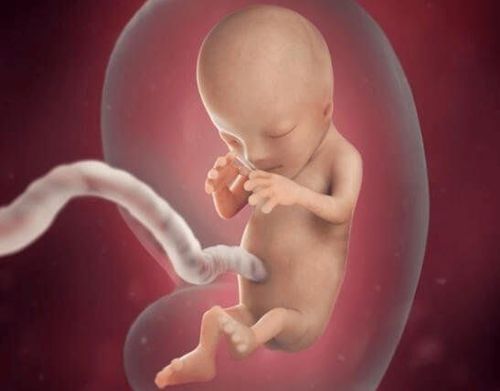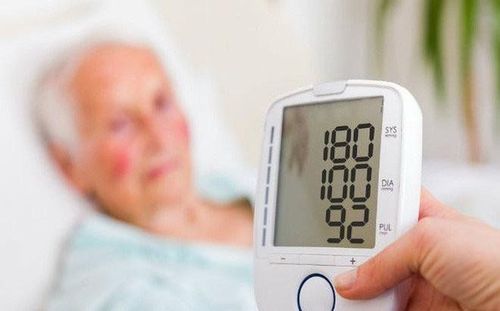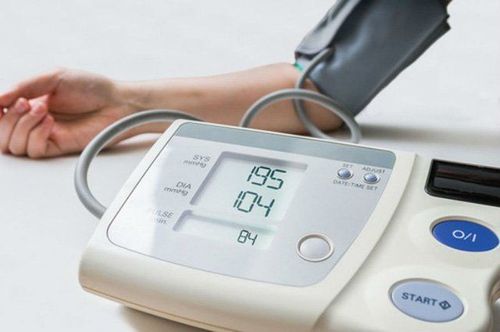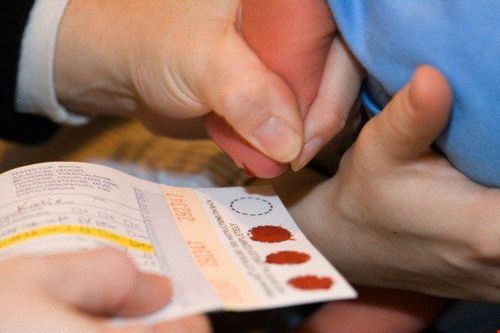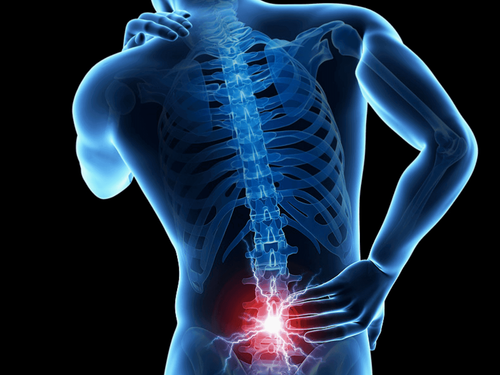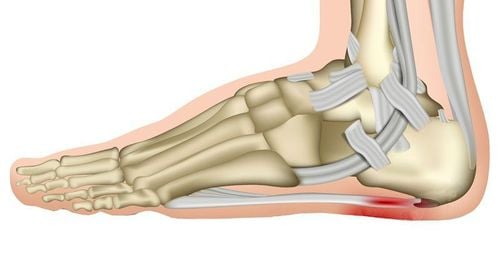Nội dung bạn đang tìm kiếm không có phiên bản tiếng Việt.
Vui lòng chọn tiếp tục để xem nội dung tiếng Anh hoặc đi đến trang chủ Tiếng Việt.
Rất xin lỗi về sự bất tiện này.

Home
Tag Percutaneous heart valve replacement
Articles in Percutaneous heart valve replacement
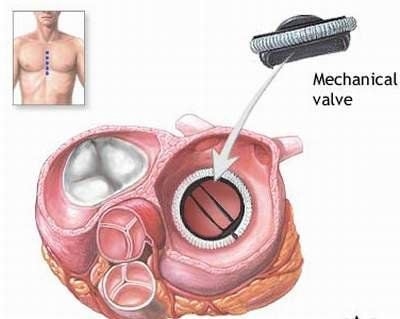
Benefits and risks of heart valve replacement surgery
Heart valve replacement is the optimal measure in cases of severe damage to the heart valves, in order to reduce symptoms, prevent the progression of heart failure and reduce the risk of early death for the patient. Patients may face some complications after heart valve replacement surgery, however, these are completely manageable.
Xem thêm
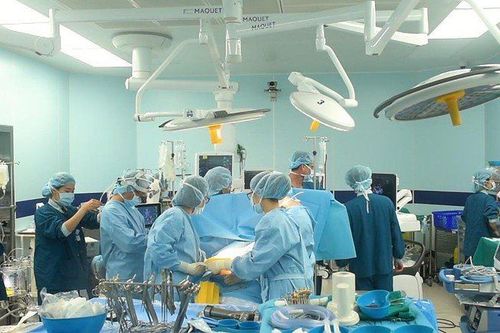
After heart valve surgery: What signs are abnormal?
Heart valve repair and replacement surgery is a highly accurate surgery and the majority of patients have a marked improvement after surgery. However, there is still a small chance of complications such as valve dysfunction after surgery, myocardial infarction, pulmonary embolism or stroke.
Xem thêm

Care after heart valve surgery
After heart valve surgery, whether open or laparoscopic, patients need to be cared for carefully. Care after heart valve replacement surgery requires care of the incision, gentle exercise for quick recovery, regular check-ups and proper nutrition.
Xem thêm
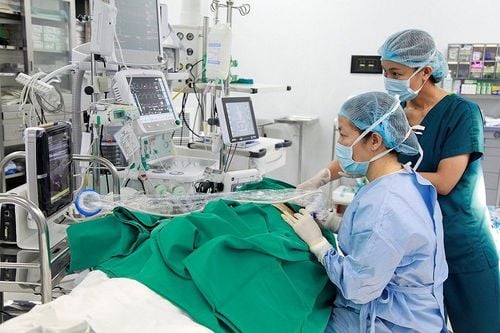
Heart valve repair surgery: What you need to know
Open heart valve repair surgery is a type of surgery to repair faulty heart valves, which is applied to correct defective heart valves due to stenosis, blockage or reflux, leakage.
Xem thêm

How are heart valve diseases repaired or replaced?
Heart valves are important organs in the heart that help blood flow smoothly. Due to the continuous work, the heart valve is very susceptible to diseases, damage and no longer guaranteed to do its job well. At this point, the request to repair the heart valve or replace the heart valve will be made.
Xem thêm
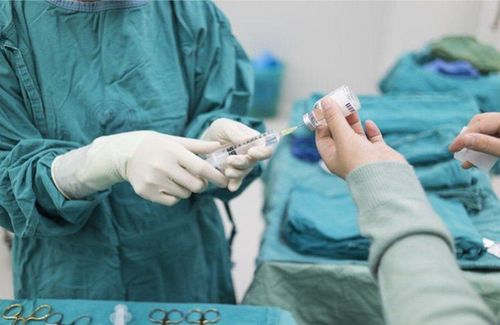
Anesthesia for patients with percutaneous aortic valve replacement (TAVI)
Anesthesia for patients undergoing percutaneous aortic valve replacement is a complex anesthetic method but has opened up hope for patients with high-risk aortic valve stenosis who cannot undergo conventional surgery.
Xem thêm

List of Vinmec doctors who can perform non-surgical percutaneous valve replacement (TAVI)
Transcatheter aortic valve replacement (TAVI) is a new method for treating aortic valve stenosis. The advantage of this procedure is that it is less invasive, gentler and simpler than conventional aortic valve replacement surgery. Currently, Vinmec is the first hospital in Vietnam to perform this technique independently.
Xem thêm
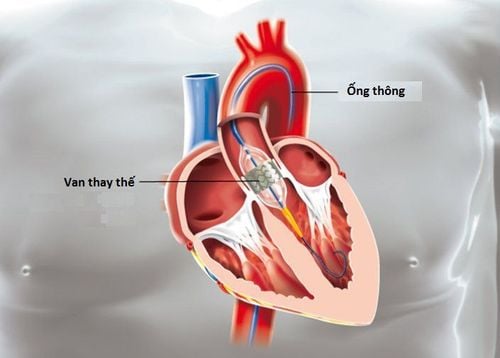
Which patients are not suitable for percutaneous aortic valve replacement (TAVI)?
Percutaneous aortic valve replacement (TAVI) is one of the most complex cardiovascular interventions. The birth of the TAVI method has opened up hope for patients with aortic stenosis who have high risk factors and cannot undergo surgery.
Xem thêm
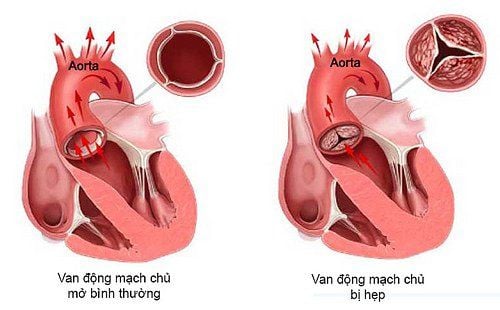
Treatment measures for aortic valve stenosis
Aortic valve stenosis interferes with the flow of blood in the body. If the disease is not treated early and properly, it will cause dangerous complications to health. So how to treat aortic valve stenosis? Please refer to the article below.
Xem thêm

Percutaneous valve replacement (TAVI) can recover, how long to be discharged from the hospital?
The following stories shared by customers will give a more general view of the treatment, recovery time and hospital discharge of patients who have undergone percutaneous valve replacement (TAVI).
Xem thêm

How is heart valve replacement surgery performed at Vinmec?
Heart valve replacement surgery is a necessary treatment when patients have heart valve damage that cannot be repaired or does not respond to medical treatments. This treatment has saved countless lives.
Xem thêm




